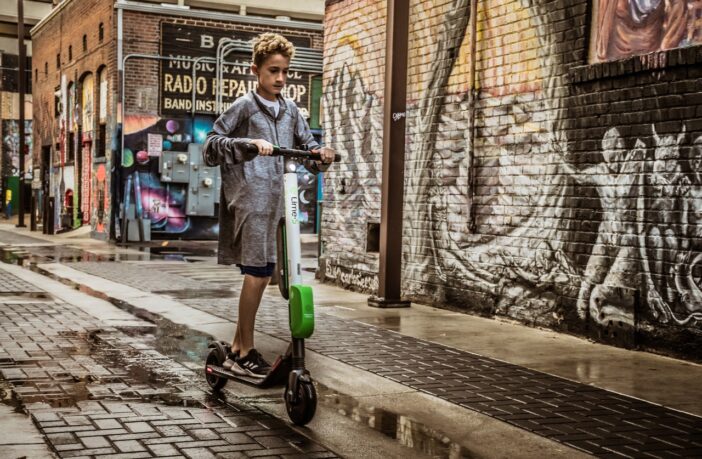It appears that most governments across Europe believe that e-scooters are an important part of future transport plans. Yet working out ways to create structures and regulations around their use has caused some fairly major headaches.
For example in the UK personal e-scooter use is prohibited on roads and pavements yet there are huge numbers currently being operated with no comeback from the owners in cities across the country. Meanwhile e-scooter hire is limited to a series of trials and some experiments on privately-owned land. From a legislative perspective, the country is many years behind the rest of the continent.
Now a group of scooter hire companies from both Europe and the US have come together with the aim of working to create a coherent policy framework for e-scooters in Europe
Bird, Bolt, Dott, FreeNow, Lime, Tier, Voi and Wind have formed the Micro-Mobility for Europe (MMfE) coalition that they hope will enable e-scooters “flourish” in European cities and support the rapid transition to zero-emission urban mobility.
There are several issues they hope to address. Firstly data governance, which has in the past been a brake on their roll out in the US with arguments about who owns the data. The data generated by micro-mobility providers can be very useful to urban planners as it can help them regulate traffic flows and improved road safety. There are interesting initiatives around, for example, monitoring air quality. Regulations around usage and storage is another.
The MMfE stresses the importance of the role that e-scooters can play in decluttering urban centres and reducing carbon emissions.
“Micro-mobility has revolutionised urban mobility and established itself as an essential alternative to personal car ownership and use,” said Catriona Meehan, co-chair of the coalition and representative of Wind. “The coalition is a key milestone in working together as one industry towards a healthier, more sustainable and less congested future for European cities”.
“As the large majority of public space is dedicated to (car) infrastructure we need to rethink how public space in cities is used, and we look forward to contributing to this important discussion”, added Alexander Jung, co-chair of Micro-Mobility for Europe and representative of Bird.
Photo by Brett Sayles from Pexels




